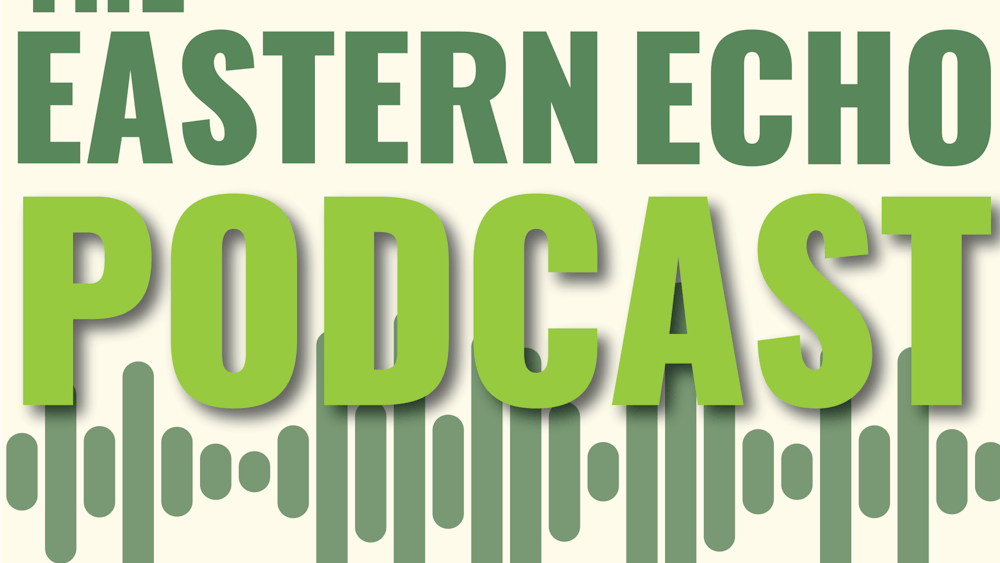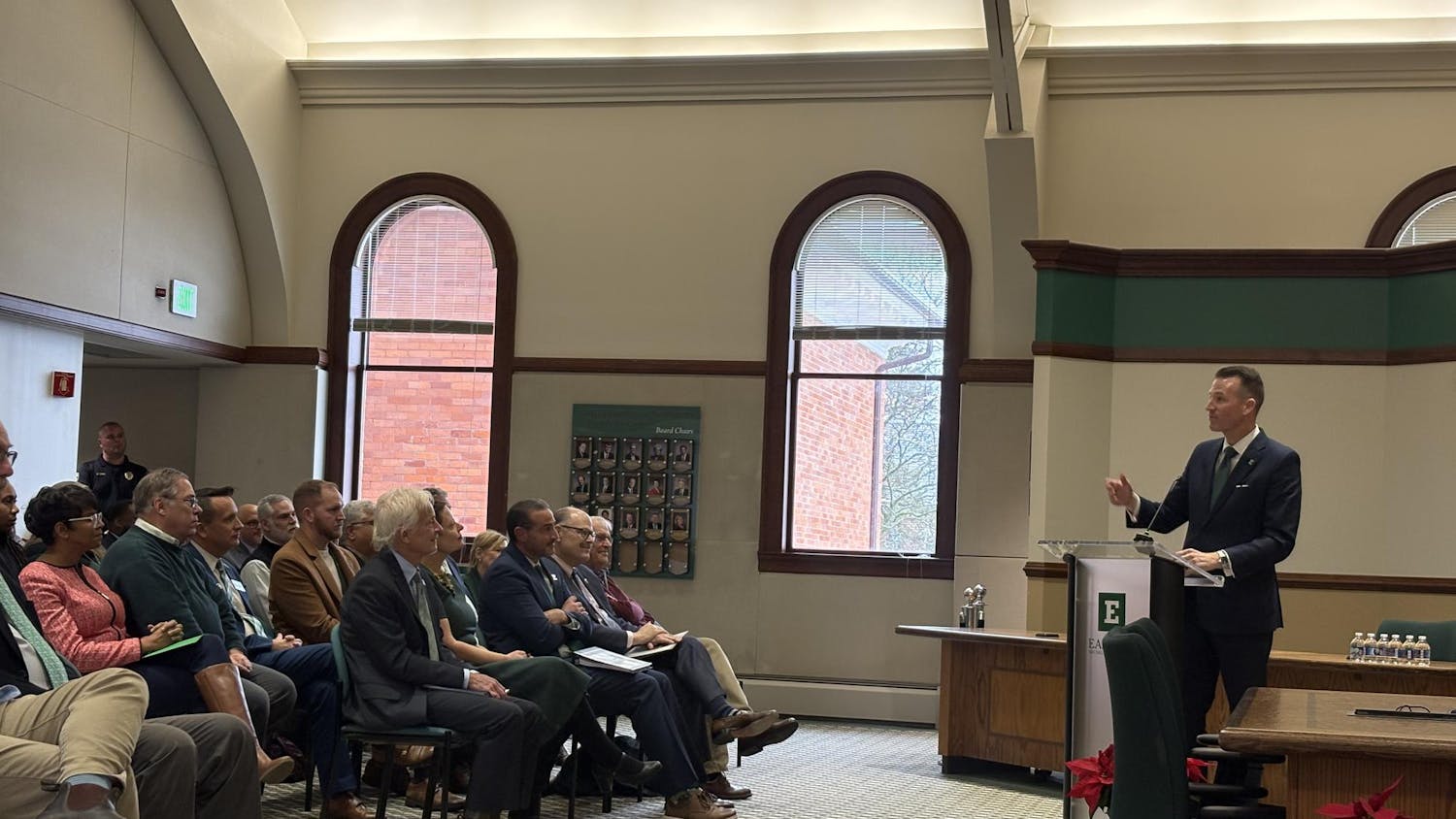Eastern Michigan University’s Counseling and Psychological Services continues to offer virtual counseling aid throughout the coronavirus pandemic, despite the challenging circumstances of operating in a pandemic.
EMU CAPS is dedicated to addressing the mental health needs of EMU students. Staff members offer free and confidential counseling by using a short-term model and limited psychiatry appointments for medication.
Like hundreds of other campus programs, in light of the pandemic CAPS quickly transformed to virtual-only methods back in March to protect the health of students, faculty, and staff. Now, CAPS continues to provide free and confidential counseling care to EMU students through Zoom and phone calls.
Dr. Lisa Lauterbach has been the director of CAPS since 2007 and handles administrative organization to ensure clinics run smoothly. However, the transition from in-person meetings to virtual calls came with its own set of obstacles that the program had never faced before.
The closure of on-campus housing last semester at EMU forced out-of-state students to return to their home states. Since counseling licenses are bound at the state level and not nationally, many students struggled to access care from their EMU CAPS counselor. It wasn’t until temporary lifts were granted, upon case-by-case request, that such issues were able to be addressed and resolved.
According to Lauterbach, CAPS saw a slight decrease in the number of student patients at the beginning of the COVID-19 outbreak, which she believed could largely be attributed to the fact that the immediate needs of most people revolved around keeping themselves physically safe. But numbers are expected to rise this fall with the return of large class numbers and a related spike in depression and anxiety levels.
A new survey co-led by the University of California, Berkeley, Center for the Study of Higher Education and the University of Minnesota sheds light on how the pandemic circumstances have impacted mental health in college students. More than one third of the thousands of students across nine public research institutions across the country revealed they have been significantly struggling with mental health problems related to coronavirus.
“As the pandemic continues, universities need to be prepared for a surge of student requests for mental health services in the fall and beyond,” said Igor Chirikov, a senior researcher at the CSHE and director of the Student Experience in the Research University Consortium, in a news release. “Current plans to continue education with remote or hybrid instruction won’t be effective without adequate resources for mental health support programs.”
While the transformation came with its own challenges for CAPS, Lauterbach says the program’s standards of providing mental health services for students in a safe and confidential manner continue to be met on a daily basis.
“Students have responded very well to virtual appointments. I think they are just very grateful to be able to continue services in a way that is safe. Students have been very cooperative about the challenges of navigating through an entirely new method of mental health care.”
Until then, it’ll be a while until patients are confidently welcomed into the new CAPS building located in the EMU Campus Wellness Center at 1075 Huron River Dr. in Ypsilanti.
“We’re all missing in-person interaction with our clients. We went into this business [because] we love that,” said Lauterbach. “We’d rather see our clients’ faces to read expressions over virtual measures than to be masked up with limited ability [to interpret faces].”
Lauterbach is encouraging students to use the tools available to them at CAPS. Those who are at least partially enrolled are eligible for their wide variety of services, which include but are not limited to:
- Individual, couples, and group therapy
- Emergency services and crisis intervention
- Education workshops and outreach
- Faculty/Staff Consultation
- Training for graduate students in mental health professions
Students who have questions or would like more information about how to speak with a counselor can email CAPS at counseling.services@emich.edu or call (734)-487-1118. CAPS continues to offer after-hours phone support, which will allow access for calls made on weekends or after 5pm.










